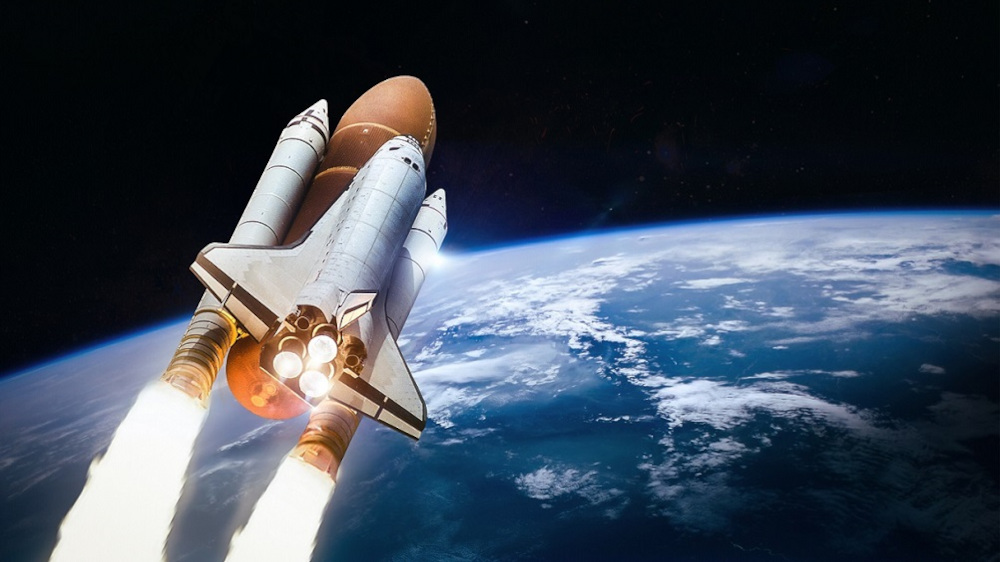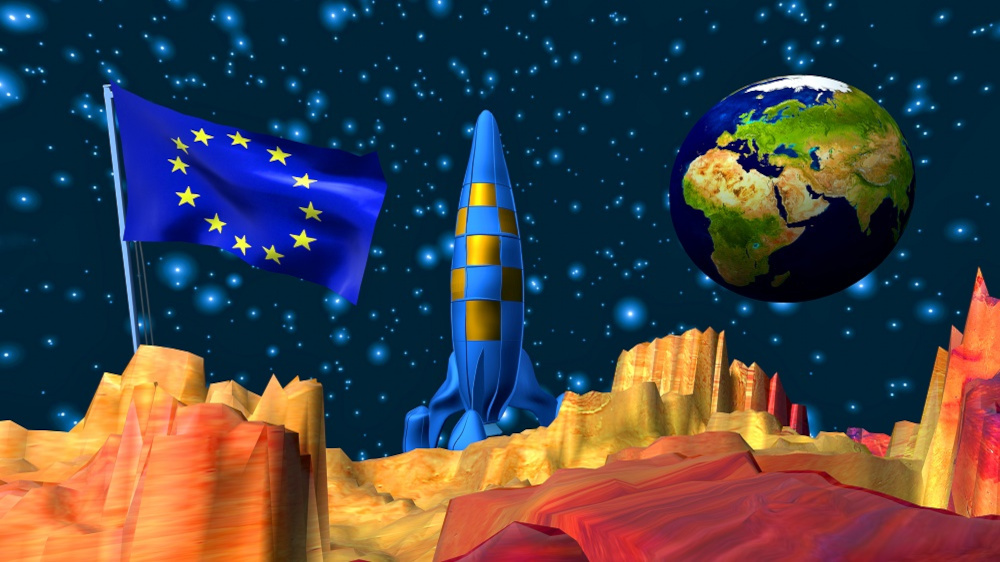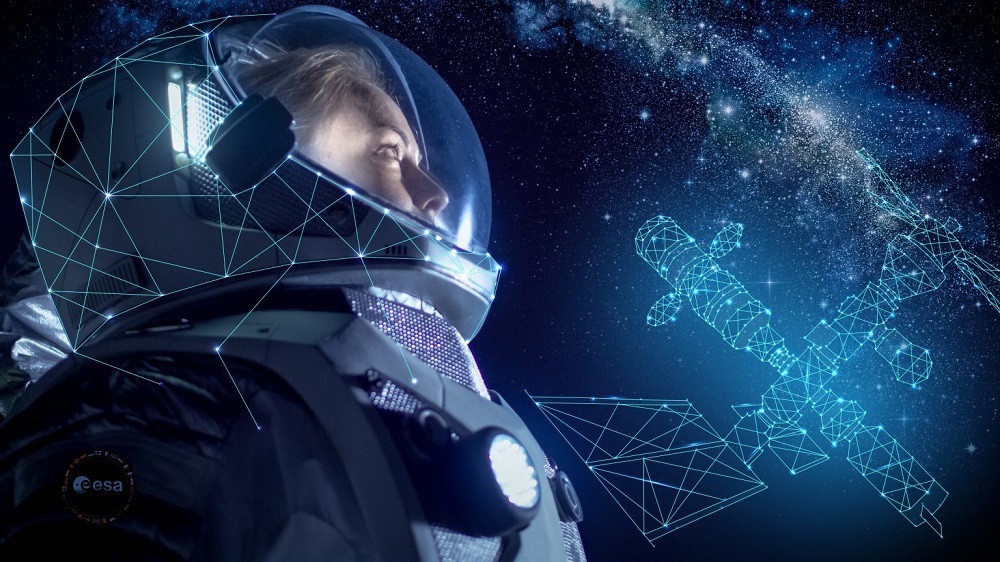Space activities as part of the foresight report - Part 2

Space activities are becoming increasingly important in everyday services and also in military activities. Space-based information and services will become increasingly integrated and deeper into society's entire infrastructure.
| The first part of the foresight report is scenario work until 2045. The first phase of the scenario process is a strategic analysis of the operating environment. The analysis creates a common vision of the forces of change affecting Finland's future. The publication contains the drivers of change affecting Finland's future. The report has been published in its entirety in the Government publications series. |
We will publish the section on space activities of the report in two parts on the SpaceFinland website. This second part discusses regional characteristics at international, EU and Finnish level and impacts on different sectors (research, innovation, services, security, security of supply).
The goal of the Report is to support the strategic decision-making of the Government and all central government organisations. In November 2024 Part 1 of the Government Report on the Future was published (Publications of the Finnish Government 2024:54). It provides shared information on foresight and the operating environments produced in cross-administrative cooperation between all ministries.
Regional characteristics Impacts |
Regional characteristics of the change factor internationally, in the EU and in Finland
Globally, private organisations play a larger role in space activities than individual states
There are major regional variations in the resources and actors of space activities globally, as in other sectors, for largely the same reasons: investment potential, centralised vs. democratic decision-making, superpower politics, etc. The dual use or harnessing of space services for purely military purposes is everywhere. At the same time, the innovation and funding potential of the private sector varies correspondingly as the role of the private sector remains narrower in the areas of centralised decision-making. Open research and the development of the space economy are supported by democratic decision-making and the market economy.
In global terms, space organisations and consortia play a bigger role than individual states. The largest private sector service providers can cross the boundaries between state actors and offer their services globally. However, state actors need to support actors in their own area and ensure the continuity of space services and the resilience of supply chains as well as national security aspects.
The regulation of space activities should be agreed globally so that the sustainable use of space and the availability of services can also be safeguarded for future generations. This is hampered by geopolitics and the intersecting interests of state actors.

Strong democratic decision-making and cooperation between states are a special feature of the EU
Strong democratic decision-making and cooperation between independent states are special features of the EU in the space sector, as in other sectors. However, the great need for investment in space system construction, the complexity of operations, the great impact on society's everyday functions and the connections between the security and defence sector highlight the shortcomings in the unity between the Member States.
The single market and free movement within the EU create a strong domestic market for private sector actors. Private funding providers have less resources than North America, which makes it more difficult to maintain competence in Europe. The rigidity of the EU's funding channels also hampers the growth of European actors.
A special feature of the European space administration is that the European Space Agency ESA or the European Weather Satellite Organisation EUMETSAT are not EU organisations; instead, it also has Member States outside the EU area. However, the EU is building its own space programme and is largely based on ESA services in its development. This complicates the EU's strategic planning and makes decision-making more complicated.
The northern location makes Finland an interesting partner
Geographically, the northern location is separate from continental Europe, extensive sparsely populated areas and the narrow resources of a small country are Finland's most significant special characteristics from the perspective of space activities. Strong technological expertise and advanced digitalisation in society are features that support the development of space activities.
On the other hand, the northern location limits the availability of satellites operating in certain orbits in our area and limits some of the application areas. On the other hand, the northern location and the proximity of the Arctic region enable special ground station operations. This makes Finland an interesting partner for actors in other regions, which is valuable not only for cooperation between the actors but also for supporting political partnerships.
Space services, such as satellite telecommunications, can be utilised in sparsely populated areas by supplementing or ensuring terrestrial infrastructure, such as optical fibre connections. Space services can also significantly improve the efficiency of activities in mapping large areas, such as forest growth monitoring.
The narrowness of state resources limits the construction of one's own space infrastructure. For this reason, Finland must continue to rely on close cooperation with the EU and other partners. Technological competence and the reputation of a reliable actor are key factors in finding strong partnerships.
Impacts of the change factor on Finland
Potential of technology, research and innovation
Internationally significant investments will be directed at the development of space systems from both state and private financiers. The development of systems in cooperation with partners offers an opportunity to increase competence and transfer technology. As an operating environment, space provides a unique environment for research work in an ungravity environment. Natural resources from other celestial bodies, such as rare isotopes of elements, may also enable the introduction of new technologies on Earth.
Manned spaceflights and exploration to other planets may, on the one hand, prove to be a playing field in superpower politics, but, on the other hand, they also have significant potential for the development of science, research and innovation. An actor of Finland's size can, with realistic investments, participate in the activities as part of wider EU or international cooperation.
Observations made from space are becoming increasingly important in monitoring natural disasters and weather conditions and in assessing the state of the environment, atmospheric emissions and climate change.

Improving the efficiency of society's services
Information and services from space will be integrated more extensively and deeply into society's entire infrastructure. They provide an opportunity to enhance and streamline society's functions and enable the introduction of entirely new applications. In a digitalising society, time and location data, observation of the ground and atmosphere, and data connections available everywhere are the grounds on which applications in different sectors are based.
Increasing the efficiency of some activities and supplementing or replacing terrestrial infrastructure with satellite services may save costs and enable the cost-effective extension of services to sparsely populated areas.
Growing importance of security and defence policy
The security and defence policy significance of space activities is constantly growing. Several state actors develop space capabilities. Larger states will also develop capabilities to challenge space activities. Space-based support for military operations is an important part of modern warfare. The usability of space-based services and the activities of the enemy from space influence the implementation of operations. Space is used to form situational awareness (satellite intelligence), secure command and communications, and time and navigation services. An up-to-date identified space situational picture is an important part of modern warfare and preparedness in normal times, including official security functions (comprehensive security).
The creation of national capabilities requires international cooperation. On the other hand, international cooperation often requires that the other party is given in return. For small countries, it is important to focus on and develop their own strengths and to ensure overall performance with partners. Partnerships with commercial service providers and research organisations are playing an increasingly important role. It is important for the authorities to ensure critical services also in emergencies and disruptions.
Finland has limited resources, but extensive areas need to be secured. Efficient adoption of space services contributes to levelling out the economies of scale provided by Finland in its resources in relation to other actors.
Security of supply and society's dependence on space services must be taken into account
Efforts will be made to strengthen the availability and resilience of space services, but we must be aware of the threats posed by the sustainable use of space, the capacity of the ground station infrastructure and radio spectrum management. The sufficient operational capacity of infrastructure that relies on space services and is critical for society's or defence's functions must also be ensured through secondary solutions. For example, the use of satellite navigation in air traffic control improves the daily functioning of airports, but if necessary, aircraft must also be able to land without geospatial data and data connections available from satellites.
Space services add a new significant layer to Finland's security of supply culture to complement other technologies and to ensure logistics. Broad and insightful technological understanding strengthens Finland's opportunities to build sustainable comprehensive security that also covers sparsely populated areas regionally.




